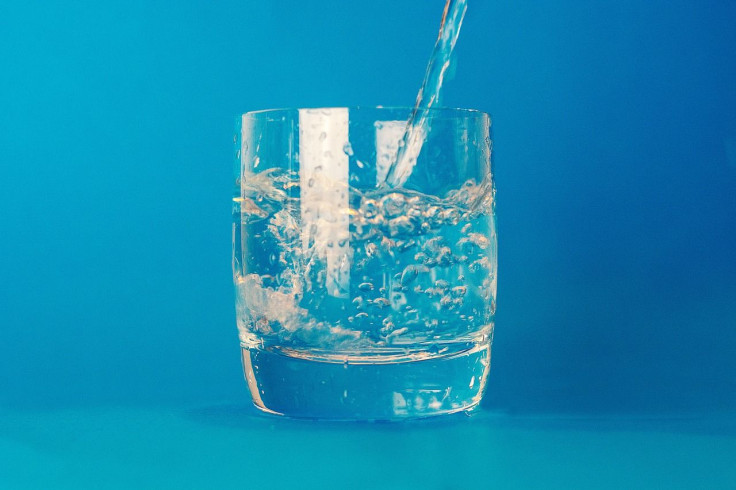8 Glasses Of Water A Day Myth Or Truth? Here's The Right Answer
KEY POINTS
- Daily water intake depends on factors such as age, gender, activity levels, and climate
- Men consumed about half a liter more water every day than women
- Water turnover moved up by 0.3 liters as a result of a 50% increase in humidity
Everyone at some point has heard of or been told about the importance of drinking at least eight glasses of water per day. A new study put this axiom to the test and found surprising results.
The study, published in the journal Science, found that the quantity of daily consumption of water depends on factors such as age, gender, activity levels, and climate.
"The current study clearly indicates that one size does not fit all for drinking water guidelines, and the common suggestion that we should drink eight 8-ounce glasses of water per day (~2 liters) is not backed up by objective evidence," the researchers wrote in their paper, reported ScienceAlert.
While previous studies have busted this myth, they banked on the participants to correctly report the amount of water they had consumed. This assumption that the participants will remember and disclose the exact amount of water they had leaves room for human error.
The new study relied on scientific data that detailed the amount of water consumed by the body. To give a clear answer to how much water the human body needs, the study employed more than 5,600 volunteers of different ages from 26 countries around the world.
Each participant was given 100 milliliters of water enriched with 5 percent "doubly labeled water." Doubly labeled water, safe for consumption in small amounts, has isotopes of both hydrogen and oxygen. It helps in tracking the rate of movement of chemicals through the body.
"If you measure the rate a person is eliminating those stable isotopes through their urine over the course of a week, the hydrogen isotope can tell you how much water they're replacing, and the elimination of the oxygen isotope can tell us how many calories they are burning," the study's co-author, Dale Schoeller from Biotechnology Center and Department of Nutritional Sciences at the University of Wisconsin explained, according to ScienceAlert.
Interestingly, the University of Wisconsin–Madison lab, where Schoeller works, was the place where doubly labeled water experiments in humans were pioneered in the 1980s.
"Water intake requirements largely reflect water turnover, the water used by the body each day," researchers wrote. Hence, water turnover was the parameter used to determine the amount of water assimilated by the body.
Water turnover was seen the most between ages 20 and 30 in men and women aged 20-55. Furthermore, water turnover was found to decrease beyond the age of 40 in men and after the age of 65 in women, the study found.
The highest turnover of water as a percentage of all the water in the body was observed in newborns.
Also, all factors being constant, men consumed about half a liter more water every day than women, according to the study.
Weight also played a role in water requirement, the results showed. Every 110 pounds increase in body weight, led to an increase of 0.7 liters a day of water turnover.
Meanwhile, water turnover moved up by 0.3 liters as a result of a 50% increase in humidity.
The location of an individual also matters. Participants living in developed countries following a sedentary lifestyle had lower water turnover compared to participants who were manual laborers or hunter-gatherers in developing countries, the study found.
"The variation means pointing to one average doesn't tell you much," Schoeller stated, according to the outlet.
"Improved guidelines are of increasing importance because of the explosive population growth and climate change the world currently faces, which will affect the availability of water for human consumption," the researchers concluded.

© Copyright IBTimes 2024. All rights reserved.





















